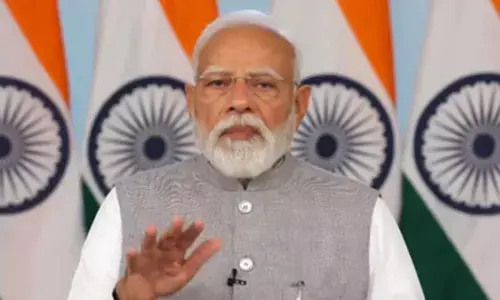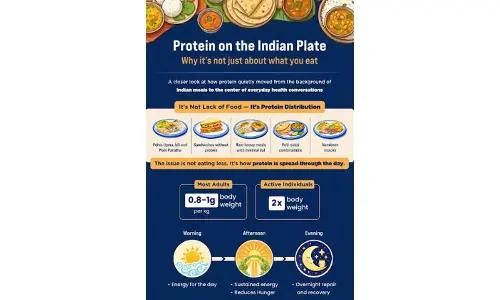Read these academic books to score well in UPSC exams

One must be certain of the literature they are referring to while preparing for the UPSC along with a committed study regimen.
NCERT books: The complete package
NCERTs books are a must read for every aspirant regardless of the coaching you go to or what books you refer to. These books can form the basics of your preparation. NCERTs should be read in parallel with the other books which are suggested for UPSC preparation – do not finish NCERTs first and then read other things. NCERTs are not enough for your preparation. Make sure you read the relevant NCERTs when reading the other books too and give equal weightage to other subjects too.
Second Edition of Indian Polity by Sriram Srirangam
This book is for the UPSC and State Civil Services Examination, written in line with the current trend of the examination. Previous polity papers focused only on the conventional aspect, for some years now it is coupling the conventional with the current developments and the book is written with the current trend in mind. It has a list of doctrines like doctrine of colourable legislation and so on.
It also has the judicial rulings discussed at various points of the text inorder to make the content relevant and meaningful. There is no comparable book in the market to the second edition of Indian Polity written by Sriram Sir. The book discusses federalism, asymmetric federalism, cooperative, competitive and also finance commission quite to the point for the UPSC examination. Law students who may or may not be aspiring for UPSC may also find a lot of value in it.
India After Gandhi by Ramachandra Guha
Most history books for UPSC simply cover the period up to India's independence, with a few chapters on modernization and liberal reforms. However, this is the book that will teach you all you need to know about Indian politics post-independence.
The book tells the story of India's post-independence political and economic trajectory. It is close to 900 pages in length so space out the preparation, along with the book, read Wikipedia, read some blogs about it, read newspaper articles about it, and evaluate the same to make the most while preparing. You can supplement this with another read of India Since Independence by Bipan Chandra.
Introduction to the Constitution of India by DD Basu
Once you have the basics of modern history, economy and polity in hand, it is time to go a bit deeper. You can do this by choosing DD Basu. Here things covered in a shallow manner in Laxmikanth are given in more detail. Reading this book will teach you how to think about some of the important constitutional issues and how the constitution itself took shape. Do not go for a very exhaustive reading here. The focus should be on understanding well.
Manorama
It is one of the most important books for UPSC that talks widely about the general knowledge aspects of the UPSC exams. The topics in the book include, Economics, Art forms, Science, Medicine, Election results, Religious Census report, Environment, Literature, History, Sports, Government Policies, etc. These topics expand to national holidays, new appointments in government offices, the list of Union Cabinet Ministers, Awards, Books, Cinema, and other related topics. The book also turns out to be a beneficial asset to teachers, researchers, and journalists.
Sriram Srirangam
(The author is the Founder and Director of Sriram IAS)










